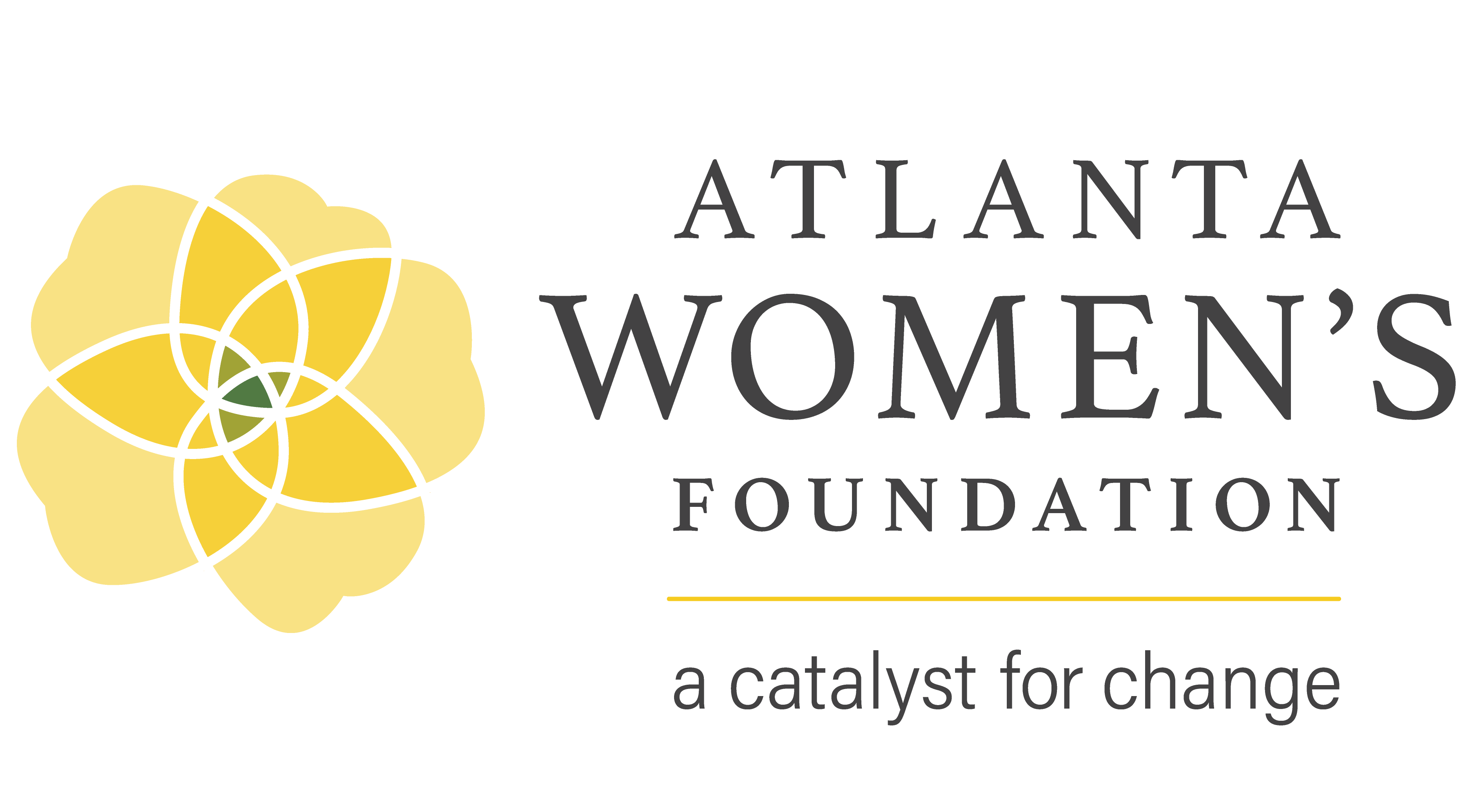A donor-advised fund (DAF) is a simple, flexible type of giving that allows you to easily support your favorite causes.
As a donor, you have the option of directing gifts to a charitable organization through a donor-advised fund. Your contribution to qualifying DAFs is treated by the Internal Revenue Service (IRS) as a charitable contribution at the time that it’s made. You then gain the flexibility of advising the DAF when and to which charitable organizations you’d like to make a gift.
How to recommend a DAF gift to The Atlanta Women’s Foundation?
You can recommend a gift to AWF now through your Fidelity Charitable, Schwab Charitable, or BNY Mellon donor-advised fund using the DAF Direct link located at the bottom of this page. Simply choose your DAF fund, enter your designation (Unrestricted, Endowment, etc.), enter the amount and click “next” to complete your recommendation. Alternatively, you can contact the host of your DAF directly to recommend a grant.
Please note that some DAFs may not notify AWF of your gift. To ensure we know that you donated (and the purpose of your donation), please alert April Castro at acastro@atlantawomen.org.
Can I pay for my event sponsorship with a DAF?
Only if you decline all benefits that would have otherwise been provided as a result of the gift.
IRS guidelines state that the donor will not receive an income tax charitable deduction when a grant is made to AWF from a donor-advised fund since the tax benefit was already received when donating to the DAF.
Therefore, a grant from a DAF cannot be used to fulfill a legally enforceable pledge or result in the donor or any related party receiving more than an incidental benefit. Raffle tickets, tickets to special events, auction items, and benefits conferred in connection with the DAF grant are not permitted. This includes partial payment of a table, ticket, or sponsorship of AWF’s special events.
A donor’s receipt of a benefit that is more than incidental may result in challenges for the entity maintaining the DAF and/or the donor and/or family member. For more information about IRS guidelines, please see the IRS Donor-Advised Funds Guide Sheet Explanation.
To inquire about your personal legal or tax situation, please consult your own professional advisor.
Qualified Charitable Distributions (QCDs) are an easy way to use you’re your IRA withdrawal strategy to support your favorite charity.
A QCD is a direct transfer of funds from your IRA custodian, payable to a 501(c)(3) organization. QCDs can be counted toward satisfying your required minimum distributions (RMDs) for the year.
In addition to the benefits of giving to charity, a QCD excludes the amount donated from taxable income, which is unlike regular withdrawals from an IRA. Keeping your taxable income lower may reduce the impact to certain tax credits and deductions, including Social Security and Medicare. A tax advisor can help you determine if your IRA qualifies for QCDs.
Can I pay for my event sponsorship with QCDs?
Similar to DAFs, under federal tax law, a Qualified Charitable Distribution (QCD) cannot be used to fulfill a pledge or result in benefits, goods, or services to the donor, members of their families, businesses they control, or any other related parties (these are typically called “personal benefits”). Prohibited benefits generally include event tickets, meals, sponsorships, registration fees, etc.
A donor may still support an organization through a QCD gift if the donor declines all non-incidental benefits (as the gift is made) that would have otherwise been provided as a result of the gift.
Can I use my DAF or QCD to make bifurcated donations (gifts for which one part is tax-deductible and the other is not)?
The IRS has issued guidance indicating its opinion that DAF grants that enable attendance or participation in a charity-sponsored event are considered to provide a more than incidental benefit, even if the donor/advisor pays for the non-deductible portion of the ticket out of pocket—which would result in the assessment of a penalty excise tax on any donor/advisor who recommended the grant or who received the benefit.
Additionally, federal tax law does not permit donors to use a QCD to fund all or any portion of the purchase price of a table or ticket for an event when the table/ticket purchase comprises both a tax-deductible portion and a non-tax deductible (personal benefit) portion, even if the donor wishes to pay the non-deductible portion from a personal source.
If you have additional questions or need more information on these types of gifts, please contact us.
